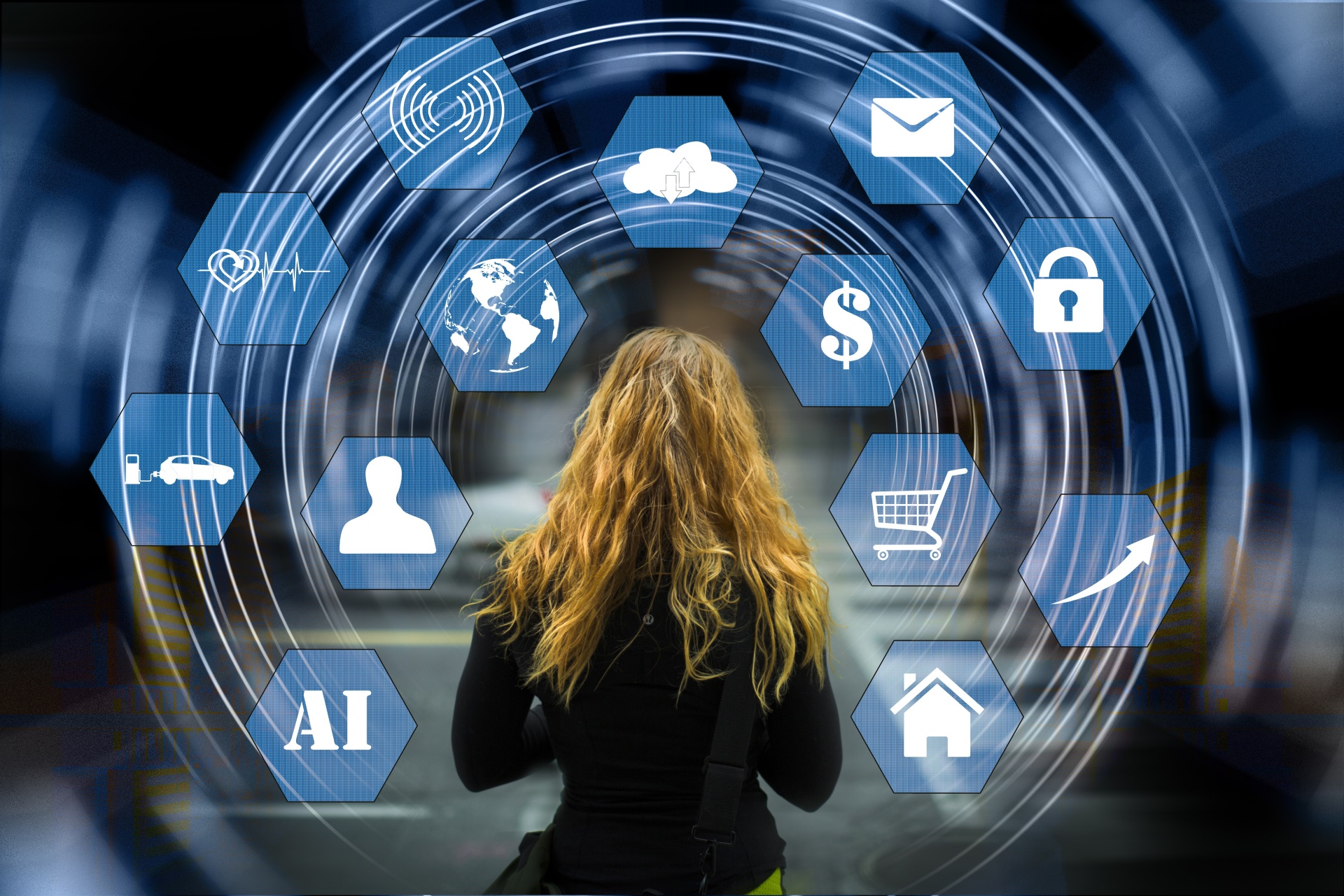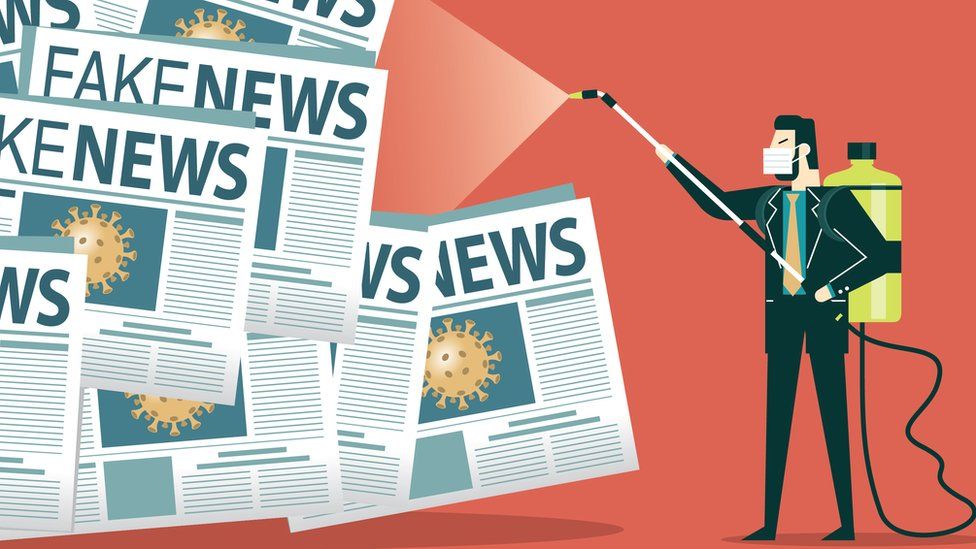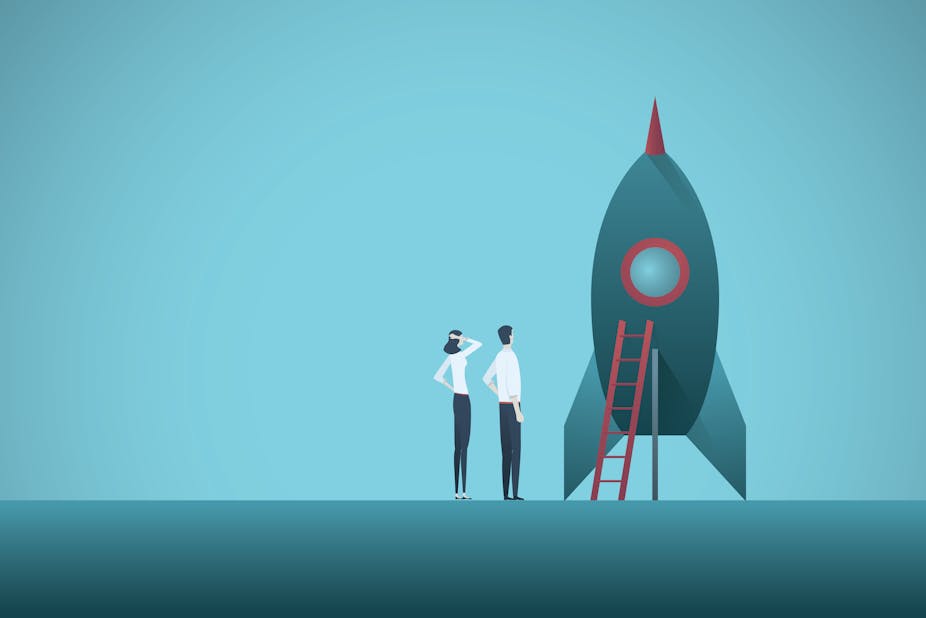21st Century Skill: Digital Literacy
In today's age, literacy is beyond reading and writing, because technology is an important part of our daily lives. From cell phones, email, videos, pictures, to posts, news and communication are like wildfire.
Technology is a powerful tool to inform and impact people worldwide. There are various platforms to do this such as YouTube, Twitter, Facebook, and blog websites.
Anybody and anyone can do it. All it takes is digital, media, and information literacy, and of course, internet. Chances are, many people have the digital literacy.
The key is how can we teach others to use the media in a personal, positive, and easier way?
Digital Literacy: Popular Term over the Past Few Years
What is digital literacy?
Digital literacy is the ability to use technology such as communication tools, networks, using (creating and evalutating information). In the turn of the century, many people do not need to use pagers to communicate, one would need cell phone and service, or even internet to send emails or write a post/article.
So digital literacy is quite explanatory. Chances are, many people know how to use technology, but how can it be beneficial to us in our student and professional lives?
Student and Professional Lives
One thing I'm thankful for through most of my classes in high school and college was learning about media and information literacy. I learned these specifically in my History and English classes. We were required to write essays which needed trustworthy research and citations.
But wait a minute, what do these literacies exactly mean?
Media literacy is the ability to decipher media messages (content such as posts, videos, images), while information literacy comprise of 5 important components: Identify, find, evaluate, apply, and acknowledge.
These three literacies can be beneficial to a student's education. It's imperative to discern false information/news from the reality, and if we encourage students to practice this, it will be help them in their professional lives as well.
I also had wished that the education system would teach students how to create professional websites, portfolios, and much more. I think it's important for people to create a digital footprint or identity to encourage leadership, entrepreneurship, and initiative.
As a musician, I would have gotten an earlier start on building my business skills and learned along the way. I feel as if schools do not adequately teach students about possible career paths and using technology to inspire ambitions.
These skills also help me in my personal life, as for example, if I'd like to research into purchasing a home, I would find out that I'd need a good credit score and perhaps a loan. I'd look into some government laws and also locate a realtor.
Personal Lives
I'd like to address that majority of students are young. However, in a personal level we should evaluate the impact of the digital age. Youth today spend more time consuming technology/ social media than actually being in school.
I knew how harmful social media can be to the youth, affecting their body image, risky behavior, depression, and much more. I wish children could be taught how to discern media messages and images, and that the media could inform children in a more positive way.
Studies have shown that media literacy encourages students to make better choices in life such as a healthy diet and lifestyle (exercise), body image, and consumption of media (and it's portrayals of real life). Recently, there has been an outrage over the original Netflix movie "Cutsies", which is toxic to children and adults alike.
Links:





Comments
Post a Comment